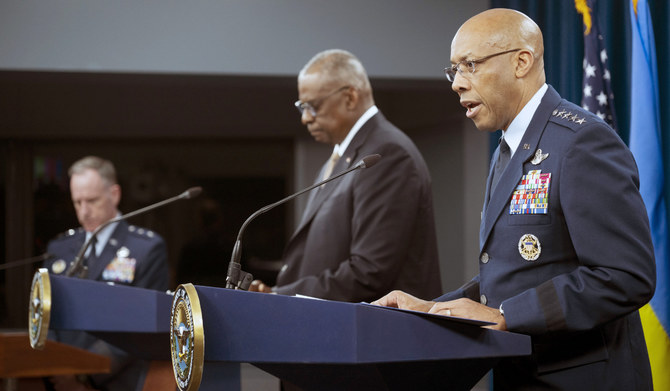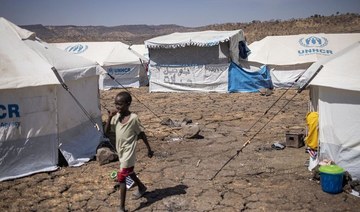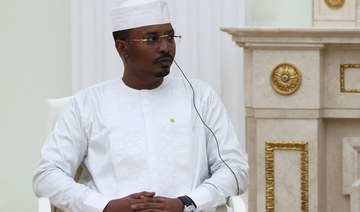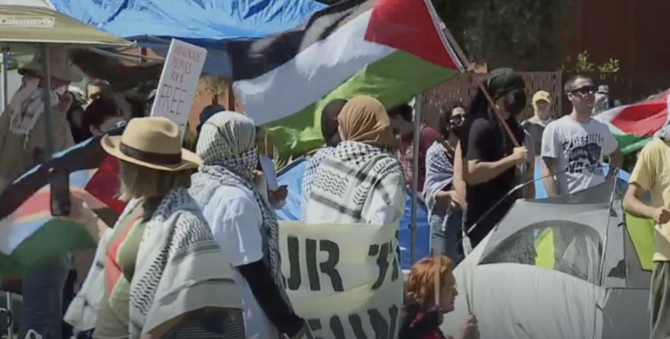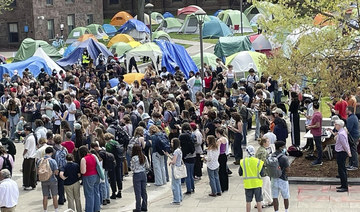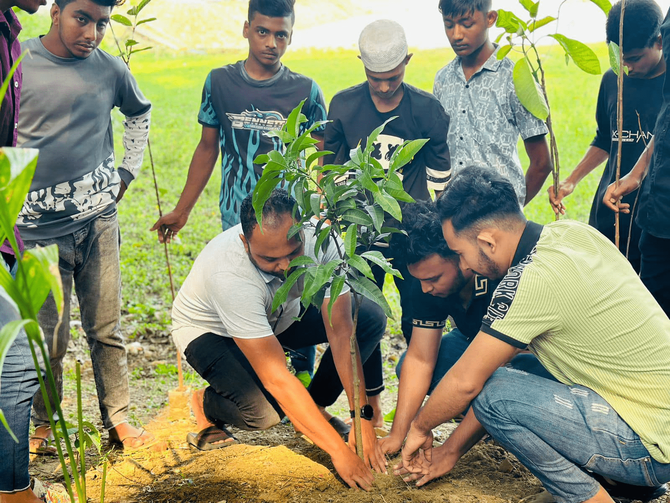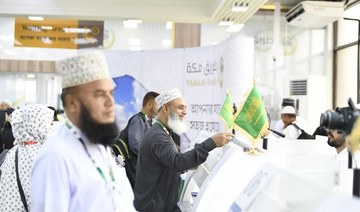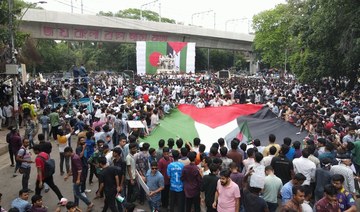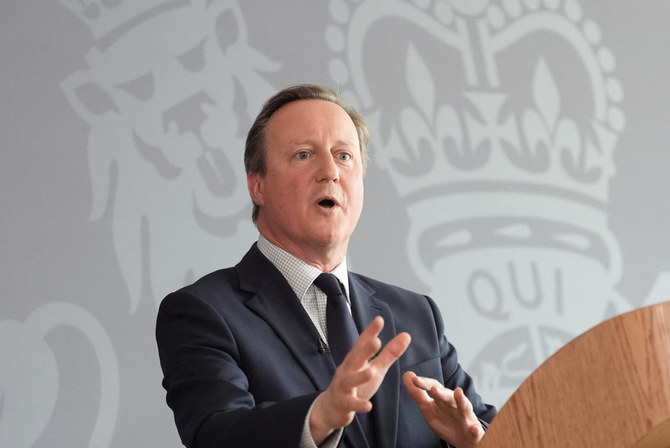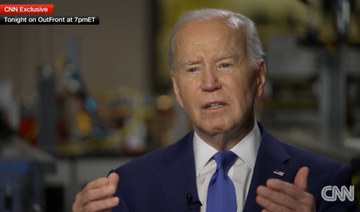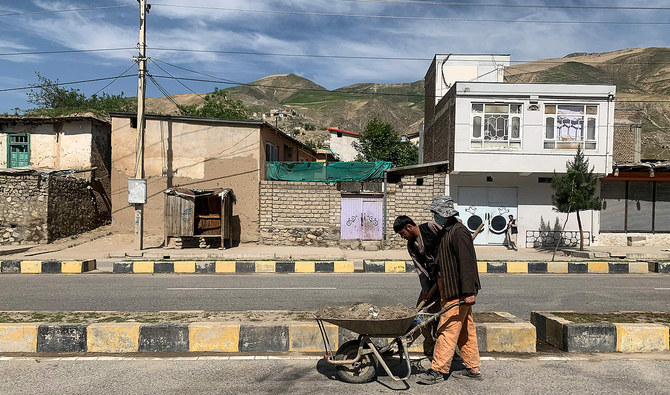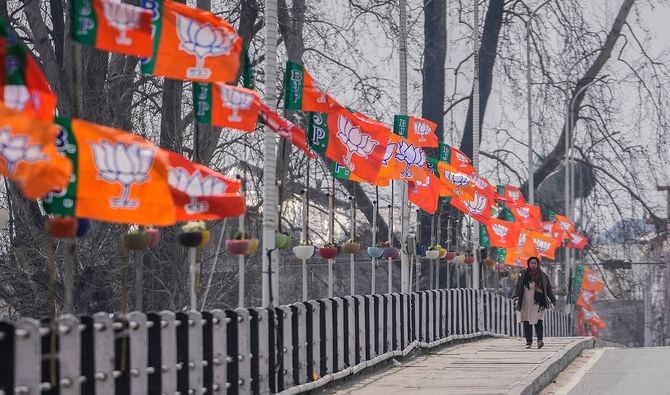WASHINGTON: The US will withdraw some troops from Chad, the Pentagon has said, days after Washington agreed to move forces out of neighboring Niger.
The US has approximately 100 troops stationed in Chad as part of its strategy to combat extremism in West Africa.
“USAFRICOM is currently planning to reposition some US military forces from Chad, a portion of which were already scheduled to depart,” Pentagon press secretary Maj. Gen. Pat Ryder told a news conference, referring to the US Africa Command.
“This is a temporary step as part of an ongoing review of our security cooperation, which will resume after Chad’s May 6 presidential election.”
The withdrawal of about 75 US Army Special Forces personnel is scheduled to begin this weekend and be completed within days unless there are last-minute diplomatic developments, the New York Times reported, citing US officials.
Chad’s air force chief had ordered the US military this month to halt activities at an air base near the capital N’Djamena, according to a letter sent to the transitional government.
He said he had asked the US military to provide documents “justifying its presence at the Adji Kossei Air Base” but had not received any.
US troops at the Adji Kossei military base train anti-terrorism special forces and an elite unit of the Chadian army to combat the Nigerian jihadist group Boko Haram.
“The presence of American forces in Chad was initially motivated by a common commitment to the fight against terrorism, an objective shared between the two nations,” a Chadian government spokesperson said.
“However, the Chadian general staff has expressed concerns about this presence,” said Abderaman Koulamallah. In recognition of the concerns expressed, the US government has decided to temporarily withdraw its forces from Chad.
“It is important to stress that this withdrawal does not in any way signal a break in cooperation between the two countries in the fight against terrorism.
“Further discussions will take place to explore the possibility of the return of US forces in the case of a specific bilateral agreement between the two nations.”
Neighboring Niger is also a linchpin in the US and French strategy to combat jihadists in the region.
But Niger’s ruling military junta said in March that it was ending a military cooperation agreement with Washington, claiming it had been imposed and the US troop presence was illegal.
Washington this week began discussions with Niger on withdrawing the more than 1,000 US personnel in the country, which is also home to a $100-million American drone base.
The US will “continue to explore options on how we can ensure that we’re able to continue to address potential terrorist threats” in the wake of the withdrawal, Ryder said this week following the announcement of the US pull-out from Niger.
General Mahamat Idriss Deby Itno seized the presidency of Chad in a 2021 coup after the death of his father, Idriss Deby Itno, who had ruled the Sahel country with an iron fist for more than three decades.
He announced in March his candidacy in the upcoming presidential election that has seen opposition candidates banned from running, and his main rival Yaya Dillo Djerou shot dead in an army assault on his party headquarters.



